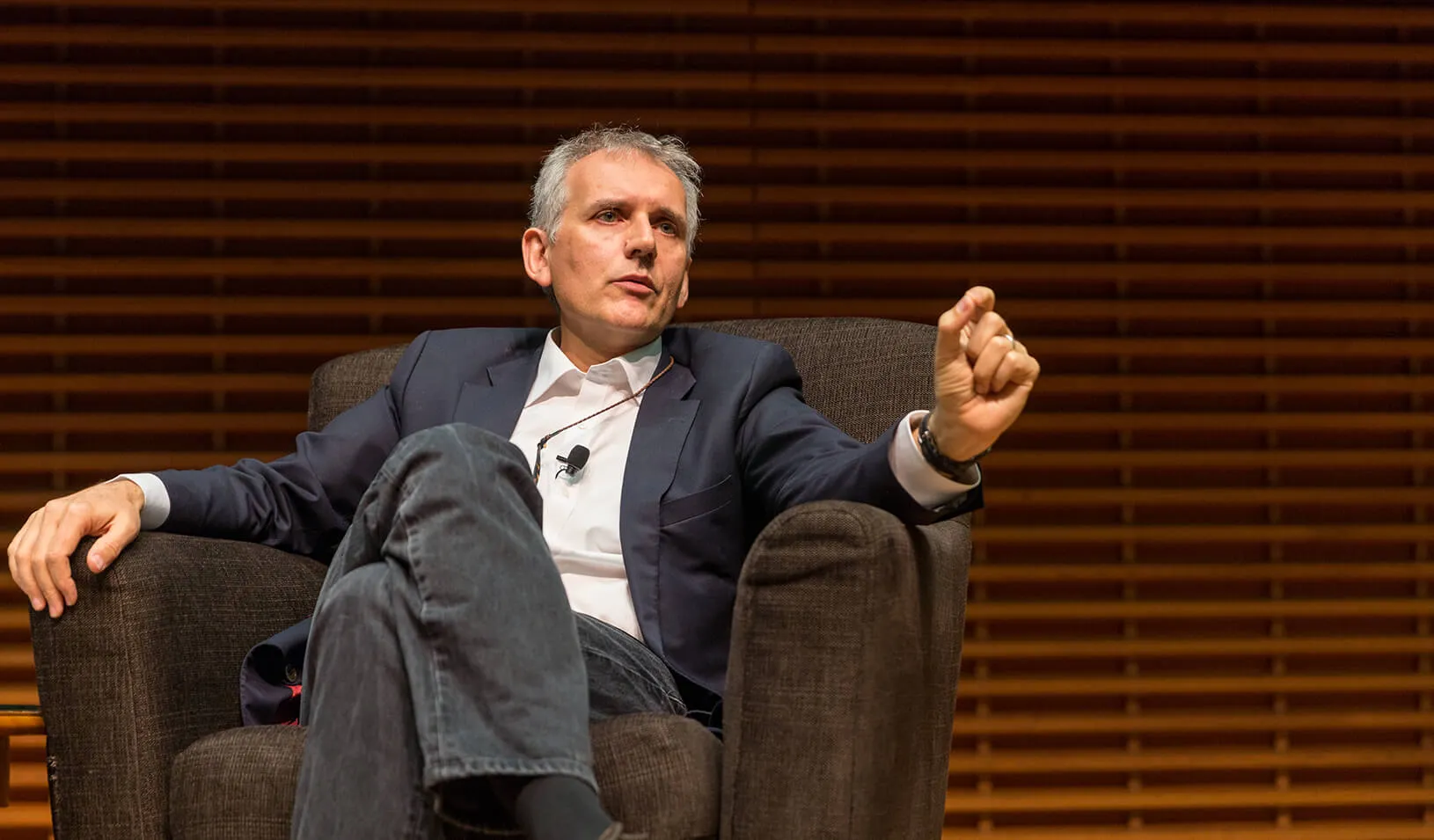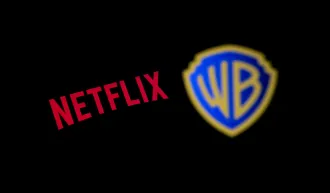July 11, 2017
| by Bill SnyderSuccessful careers in business don’t always follow a straight line. Many people take a conventional path to success: They start with a double major in college, continue their education in graduate school, and then land a first job at a startup or an established company that launches the newly minted MBA’s career.
Then there are people like Sean Hinton.
Now the CEO of the Soros Economic Development Fund, Hinton navigated a series of seemingly random zigzags that took him from music school to the steppes of Mongolia and then the offices of McKinsey & Co. But working for that high-powered consultancy was just a prelude to a career as an impact investor, focused on what he calls “insoluble problems” and spurring economic development in post-conflict nations.
Hinton’s unlikely journey from yurt to the executive suite in one of the world’s leading foundations left him with an unconventional outlook that might have shocked his erstwhile colleagues at McKinsey. “There is a name for transactions where one person does well at the expense of others. It’s not investment. It’s thieving,” Hinton said during a recent talk at Stanford GSB’s Global Speaker Series, in which he shared his views on impact investing and the diverse paths to a successful career.
Although his remark about “thieving” might sound radical, Hinton does not portray himself that way, nor does he think economic development and social justice are incompatible. “The space in which economic development can enable social justice is a vibrant and contested space … filled with opportunity,” he says.
From a Yurt to a C Suite
Hinton did not set out to be a social investor. He wanted to be a conductor. While he was studying music at the Guildhall School of Music and Drama in London, a fellow guest at a dinner party suggested he study music in what was then known as Outer Mongolia. Back in the days before Google, Hinton went to the library to read up on Mongolia — he wasn’t even sure where it was, he says.
But the idea struck a chord, and coincidentally the British Consul was offering a scholarship to study in Mongolia. Hinton was awarded a nine-month stipend and wound up spending seven years “in and out of Mongolia,” including a two-year stay with a nomadic family in that country’s remote western mountains.
Eventually, Hinton returned to Australia, and at the prompting of yet another dinner guest applied for a job at McKinsey. He got the job — and learned a lesson about career planning.
“You couldn’t draw the straight line from music to McKinsey,” he says. “There was a set of things you’d have to do. And it wasn’t go to Mongolia. There wasn’t a strategic model or a career counselor that would’ve given that advice. And yet, it was the shortest distance.”
Growth for Growth’s Sake?
After stints as a principal of Terbish Partners, a consultancy he founded in 2007 to focus on mining and energy investments in China and Mongolia, and as an adviser to Goldman Sachs, he joined the Open Society Foundations in 2015 to lead the Soros Economic Development Fund. The Open Society Foundations is an international network of agencies that make grants with the aim of promoting education, social justice and a free media. It has an annual budget of nearly $1 billion.
Hinton says that he and his colleagues question the conventional thinking about social investment — that economic growth is a goal in and of itself. Nor should we believe that economic development and democracy naturally go hand in hand, that if “you do one, the other comes. You get more democracy, you get more economic growth. (But) it hasn’t worked out like that,” he says.
Instead, economic development should be used as a tool to develop open societies, he says.
The Amorality of Investments
Capital is, of course, needed to ignite development, but it’s not enough to jump-start social progress, says Hinton. “Anybody who is invested in an emerging market impact business knows that very often the failure is not because of a lack of capital. The failure is almost always the policy environment in which that investment takes place or the lack of capacity in that society to absorb and to work with those investments.”
A common reason for failure, says Hinton, is the tendency to proceed with projects without engaging local people and institutions. “Decisions are made in rooms in which the people who are the so-called beneficiaries of these investments and so-called beneficiaries of these interventions are not present. They’re not designing the outcomes. They’re not even in the conversation.”
That, he says, is a recipe for failure. Case in point was a 10-year project by an agency that builds roads, schools, clinics and internet infrastructure in Sri Lanka. It failed. At a meeting in Sri Lanka, a government minister explained that the locals were never involved in the process. Hinton recalled him saying, “They never asked us what we wanted. We don’t have cars to drive on the roads. We don’t have teachers to be in the schools. We have this economic development that you gave us. But we’ll burn it all down if we’re not involved.”
Hinton believes that there will be significantly more impact investment in the future. But it’s worth asking whether the next generation of impact investing will address the root causes of inequality. Historically, social investment, even when well intentioned, has often failed to benefit the people it has targeted. Unless those lessons are learned and social investors shift their strategy, they may well fail again, Hinton says.
For media inquiries, visit the Newsroom.





